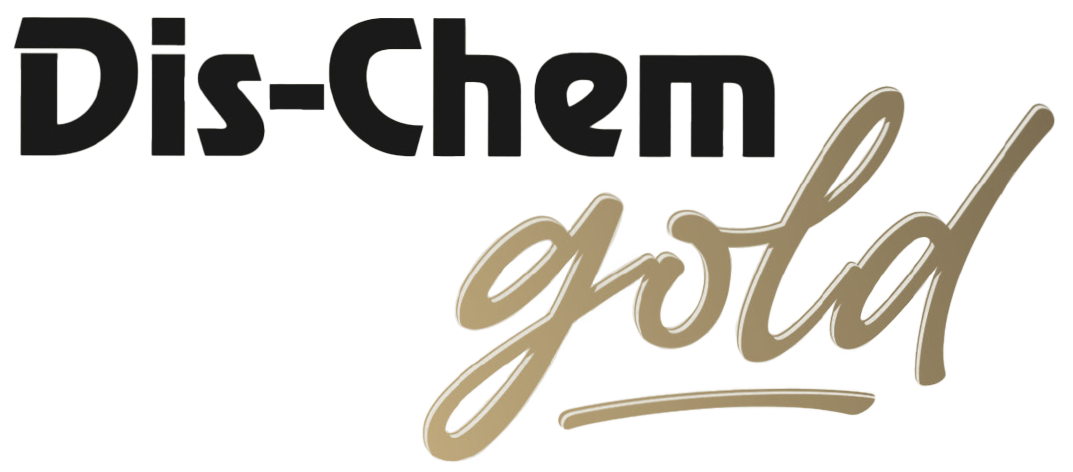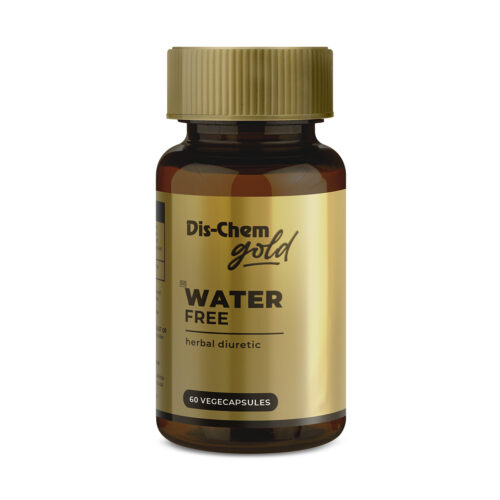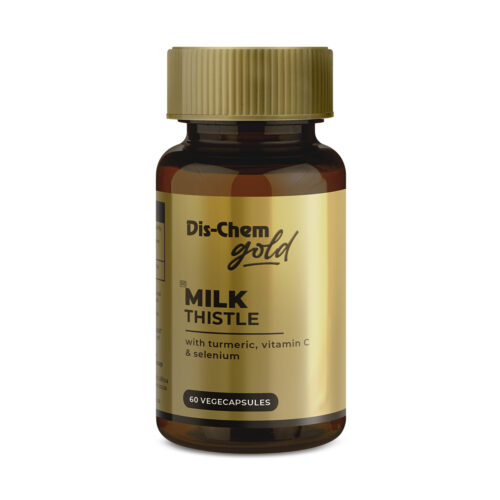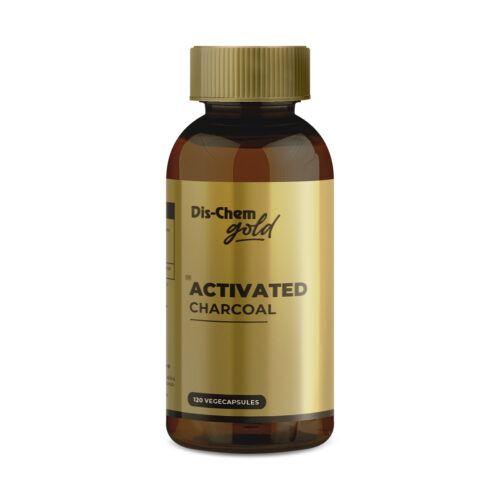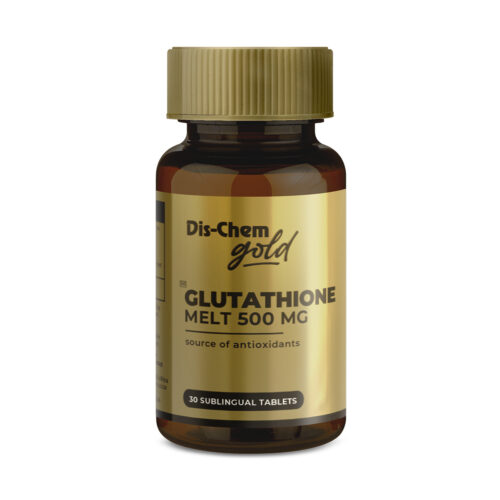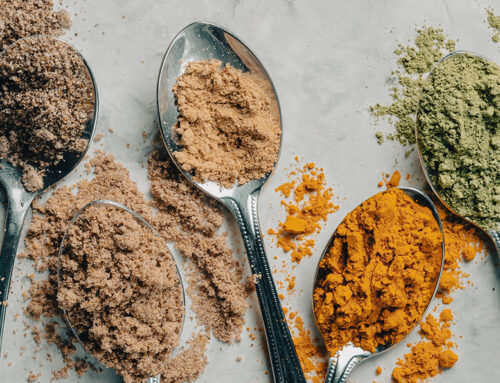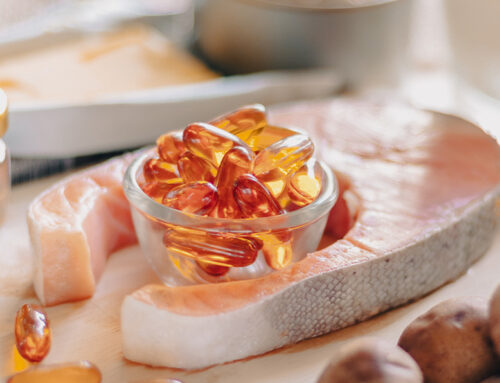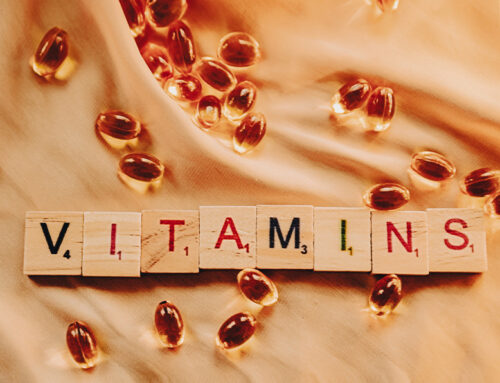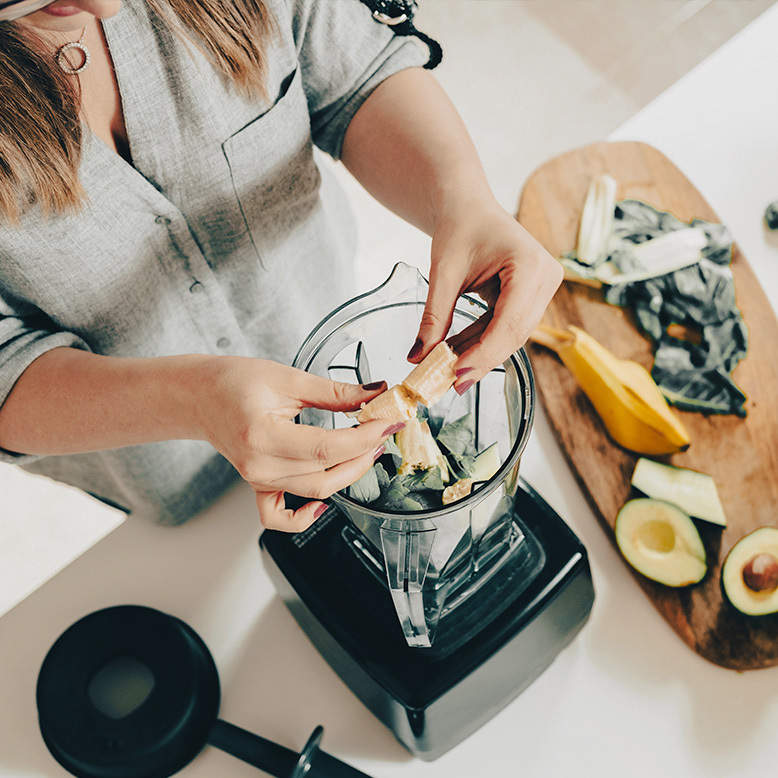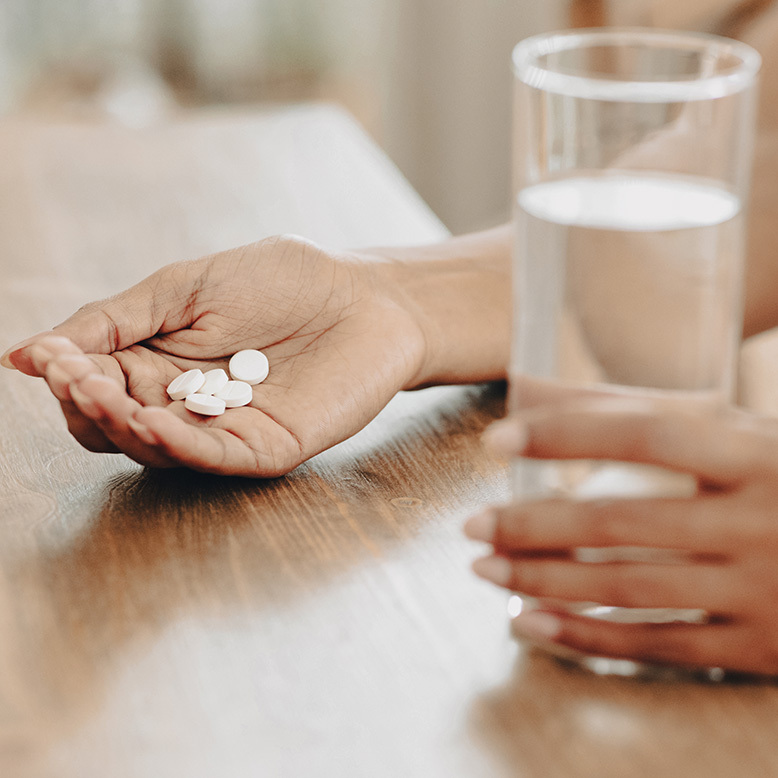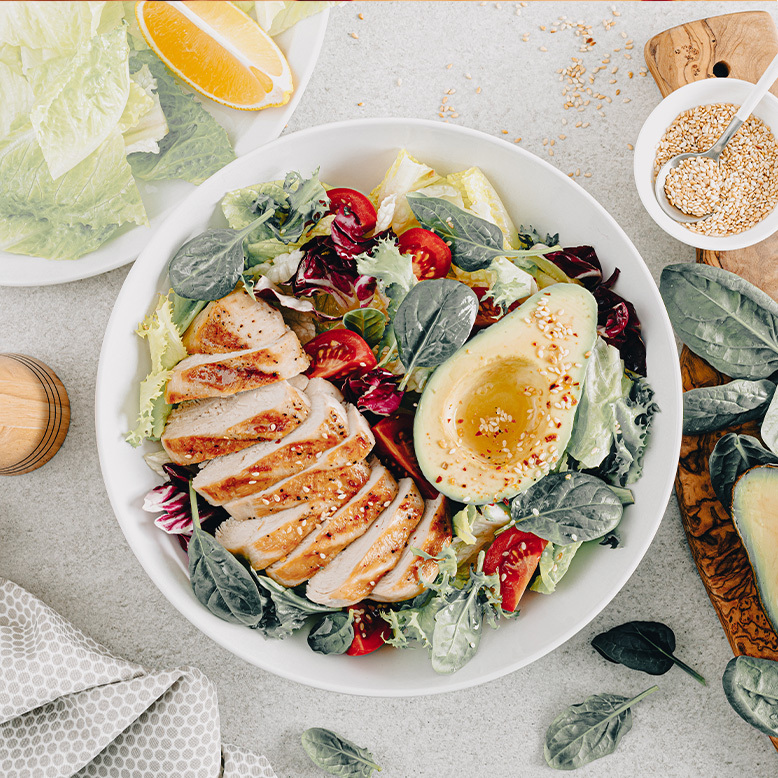Just how effective are popular detox diets in ridding your body of toxins?
Detoxing may seem like a gateway to better health, but not all detox plans are necessarily beneficial. We explore if detoxes are a great way to feel better or a potential recipe for disaster…
The downside of detoxes
From Beyoncé’s infamous “Master Cleanse” to the popular “Cabbage Soup” diet… there are an array of detoxification or detox programmes that promise to give your body a boost by “clearing” away toxins and leaving you feeling lighter and more energised.
However, many doctors and nutritional experts believe that there is insufficient scientific evidence to prove that many of the more extreme detoxes work, as there have been few clinical trials conducted on these sorts of plans.
“Detox diets continue to be popular amongst the health-conscience community but there is still a great deal of conflicting information around such diets”, says Jenna Bowes, a clinical dietitian at MME Dietitians & Associates, based in Johannesburg. She goes on to say that many of these detox diets claim to offer several health benefits, such as increased energy levels, clearer skin, boosted immune function and weight loss, and that these benefits are supposedly due to the elimination of ‘toxins’ from the body.
“However, many ‘detox diets’ generally also eliminate nutritious and health-promoting foods”, explains Jenna. “Examples of these extreme detox diets include cabbage soup diets, juice diets; colon and liver cleanse diets… and many more.”
Furthermore, many detox plans are energy restrictive, fail to provide enough nutrients and can leave people with headaches and feeling irritable, dizzy, fatigued, bloated and gassy. In fact, extreme cleanses such as the Master Cleanse (which requires one to ingest nothing but water, lemon juice, maple syrup and laxatives for ten days), lack protein, fatty acids and other essential nutrients, assert researchers at Harvard Medical School.
In addition, because harsh detox plans typically require you to starve your body of the fuel needed to function optimally, this can lead to a drop in blood sugar. Dangerously low blood sugar, known as hypoglycaemia, is the reason why many people on extreme detoxes feel anxious, dizzy, nauseous, tired and confused. Thus, while endorsers of strict detox and cleanse plans insist that these symptoms are the result of toxin excretion from the body, many nutritional experts argue that these adverse physical reactions are because of this rapid drop in blood sugar and have nothing to do with the body ridding itself of toxic elements.
Harvard researchers further contend that fasts and extremely low kilojoule diets tend to lower the body’s basal metabolic rate, in a bid to conserve energy, and weight is quickly gained once a person resumes normal eating. This rapid weight gain, once off the detox or cleanse, is also due to the fact that you only drop water weight and lose muscle when taking in insufficient nutrients on a fast, and that true fat loss is seldom achieved through extreme deprivation. You may also be tempted to overeat once off the restrictive detox and this will invariably pile on the pounds.
Lastly, due to their extreme nature, very restrictive detoxes not only have the potential to trigger eating disorders and unhealthy diet practices but can put pregnant and nursing women and people with diabetes, heart problems and kidney disorders at risk.
Built-in detox system
Importantly, most nutritional experts and doctors insist that our body already boasts a built- in “detox system” which includes our liver, kidneys and intestines. This system ensures the proper processing of nutrients and the expulsion of toxins.
In fact, unless one has been poisoned, is suffering from an intestinal disease or disorder or has kidney or liver disease, the body’s “detox” system will function perfectly without the need to intervene with extreme diets and cleanses.
“Our bodies are designed to continuously process and eliminate waste products or ‘toxins’, such as alcohol, caffeine, medications, bacteria, by-products from the digestion of food and drinks, and chemicals from pollution”, explains Jenna. “Therefore, ‘detox’ diets should ideally be aimed at supporting necessary organ function to optimise the body’s natural way of detoxing”. Therefore, instead of shunning the detox process completely, adopting a more balanced and moderate dietary approach, to support and work with your body’s own system seems to be the approach that most medical and nutritional professionals endorse.
“The most important thing when detoxing is to provide your body with the best nutrition”, asserts Fiona Greggor, a nutritional therapist from Johannesburg. “I do not advocate extreme detoxes that are only water based or a single fruit, for example”. Jenna adds that healthy and more balanced detox diets do offer a benefit in that they can provide a sense of dietary control and discipline, which may be the kick start some need to make a healthy change to their current lifestyle. In fact, many of today’s more moderate and healthy ‘detoxes’ are actually about creating long-term healthy habits and giving your body a break from unhealthy behaviours and don’t promote extreme dietary practices. “Just remember that balance is key when aiming to assist your body in detoxing”, emphasises Jenna.
Supporting significant organs
“We know that 75% of detoxification happens in the liver and the remainder happens in the intestinal tract”, explains Jenna. “Thus, following a diet that helps support optimum liver, gut and kidney function is essential”, she adds.
Jenna explains that the best way of doing this is by providing the body with adequate fluid in the form of water and herbal teas – not caffeinated drinks – and by taking in the necessary energy, macronutrients such as quality lean protein, healthy fats and high fibre carbohydrates, vitamins and minerals.
“The first phase of detoxification takes place in the liver, where toxins are broken down by antioxidants found in the body”, elaborates Jenna. She explains that antioxidants found in vegetables – specifically cruciferous vegetables such as broccoli, cabbage and kale – can possibly further assist in the detoxing process and these foods should be included in a balanced detox plan. Jenna adds that garlic is also known to have a beneficial effect in supporting liver function and should also feature on your detox menu. “Eating a rainbow of colours with regard to vegetables will also help you achieve variety and a sufficient intake of such antioxidants”, says Jenna. Fiona adds that including liver-supporting herbs and nutrients, such as Milk Thistle, Dandelion, N-Acetylcysteine and Glutathione, can further support your liver when detoxing. “I also highly recommend taking a good multivitamin and mineral complex supplement, with a high B-complex and vitamin C content to assist your body in the detoxification process”, advises Fiona.
“It has also been proven that maintaining muscle mass, while facilitating fat loss, is most important in long-term weight maintenance”, asserts Jenna. “Therefore, a ‘detox diet’ that provides a sufficient intake of lean protein, healthy fats and wholesome carbohydrates and avoids sugar, alcohol and refined or processed starches, prevents the liver from getting over-loaded”.
Jenna explains that this recommended way of eating also provides the ‘healthy’ gut bacteria with food, in the form of fibre, for a healthy colon. “So, while an extremely popular detox diet like ‘the juice diet’ would offer a high intake of vitamins and antioxidants, fibre, healthy fats and proteins are limited and sugar is concentrated, which is contradictory to weight loss and other such claims”, she explains.
Achieving balance
Australian nutritionist, chef, author and presenter, Zoe Bingley-Pullen insists that the key to achieving a healthy nutritional balance lies in altering how we view food. She believes that thinking of foods as “nutritious” and “able to feed your body”, rather than just “good” or “bad”, allows you to adopt a healthier attitude towards food. Thus, instead of thinking of a detox as giving up foods, we should instead focus on the nutritional value of whole foods and cut back on processed foods, caffeine and alcohol. She also feels that eating healthily should be a life goal, not just something to be embarked upon for a few days or weeks, and that keeping a sense of balance and enjoying the occasional treat allows one to cultivate an appreciation for proper nutrition.
Bingley-Pullen offers the following tips on what to include in a balanced “detox” diet:
- Adopt a whole food diet consisting of organic and fresh fruit, vegetables, healthy fats, lean protein, nuts and seeds.
- Eat sufficient fibre (like fresh fruit and vegetables, nuts and seeds and psyllium husks) to allow for smooth elimination and to prevent a build up of toxins.
- Limit eating out as you have no control over how the meal is prepared and what it contains.
- Increase your consumption of raw foods which are rich in enzymes to aid digestion and nutrient absorption.
- Cut out alcohol as this can affect the digestive and nervous systems.
- Drink plenty of water to keep hydrated and assist in the flushing out of toxins.
- Lighten the load on your digestive system by stopping eating when satisfied and not at the point off feeling overly full.
Lastly, it is wise to consult with your healthcare practitioner and/or a dietician before embarking on a detox diet plan or taking new supplements. “Also, do not attempt to detox if you are pregnant, breast feeding, on medication or have a chronic illness”, advises Fiona. However, if approached with caution and sound nutritional information, a moderate detox diet can prove beneficial for many people. Just remember that the key to feeling renewed and healthy is to feed your body what it needs to optimally serve you today. and in the years ahead.
